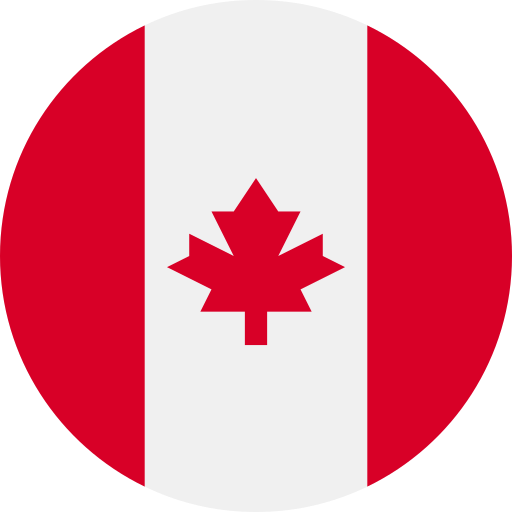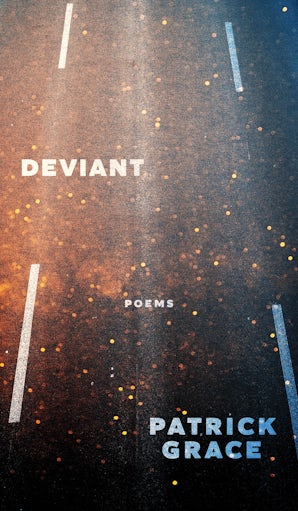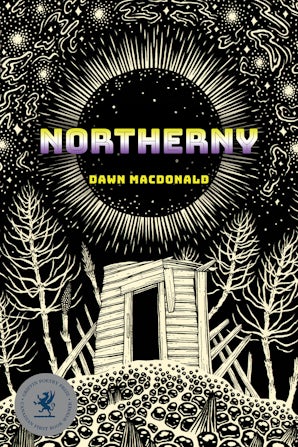Homepage
Featured Titles
New Book by Wayde Compton

Toward an Anti-Racist Poetics
Wayde Compton seeks to dislodge the often unspoken white universalism that underpins literary production and reception today.
View our Spring/Summer 2024 Catalogue
Join Our Mailing List
Blog
Ká dúpẹ́! Time’s Up at the Press
Guest post by Olajide Salawu My interesting time at University of Alberta Press has come to an end. Goodbye is hard to say! But I am not leaving the world…
Read MoreNortherny: Growing Up in Canada’s Yukon
Guest post by Dawn Macdonald My father died two weeks after my book, Northerny, came out. He’d had it in his hands but I don’t think he got to the…
Read MoreAn Approach to Poetics that Recognizes Diversity
Guest post by Olajide Salawu Toward an Anti-Racist Poetics by Wayde Compton is the latest title in our CLC Kreisel Lecture Series. Themed around anti-racism, literary cultures, and language, Compton…
Read More











































